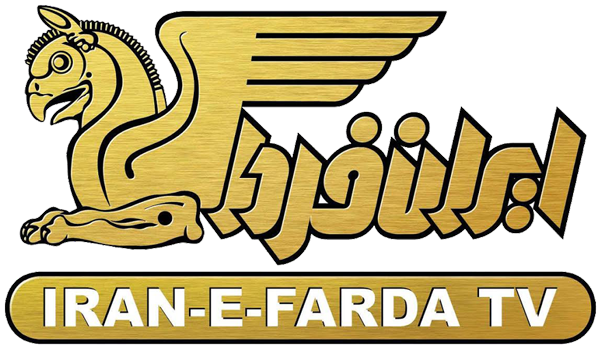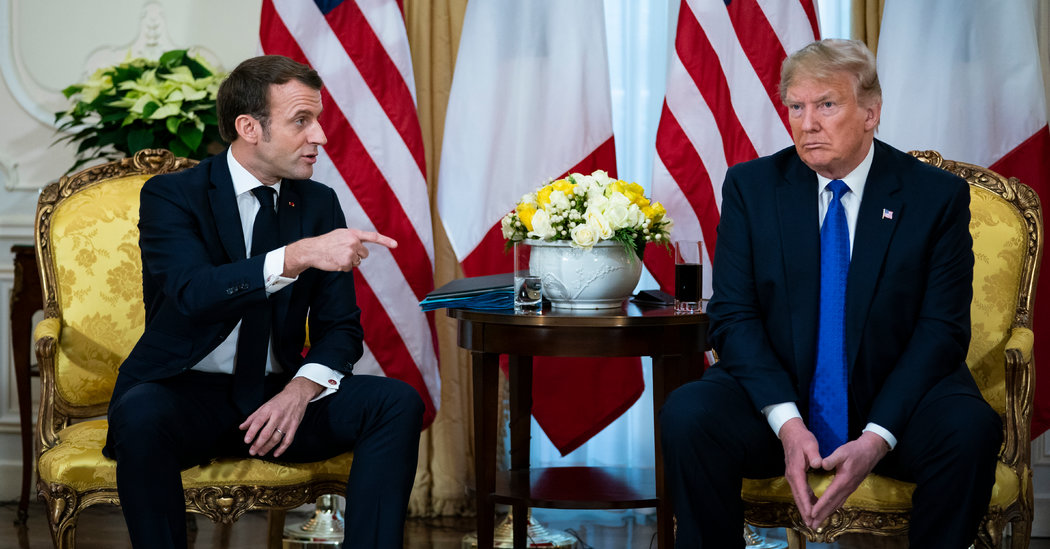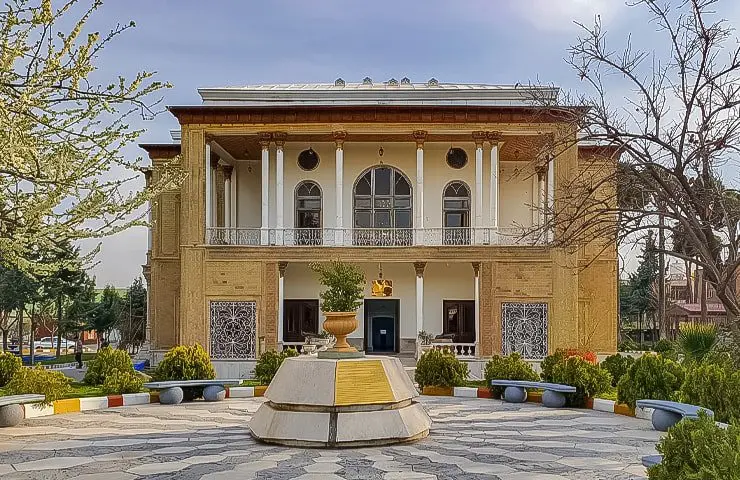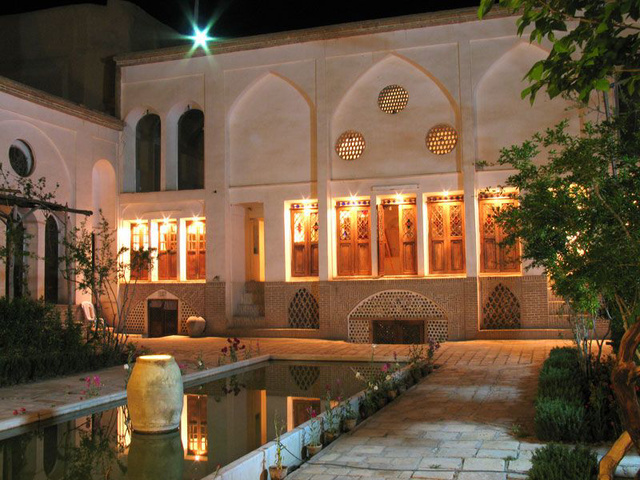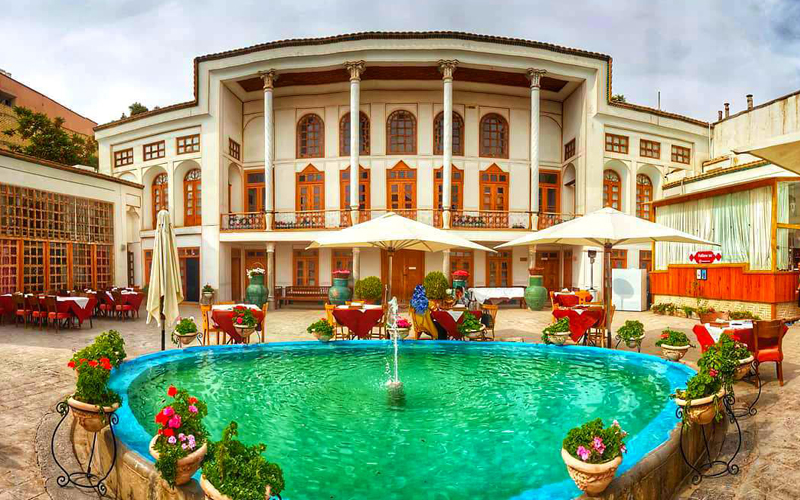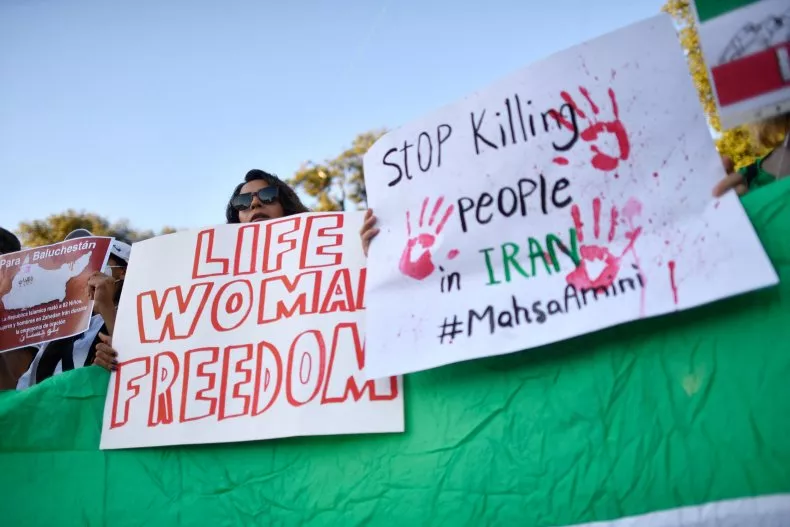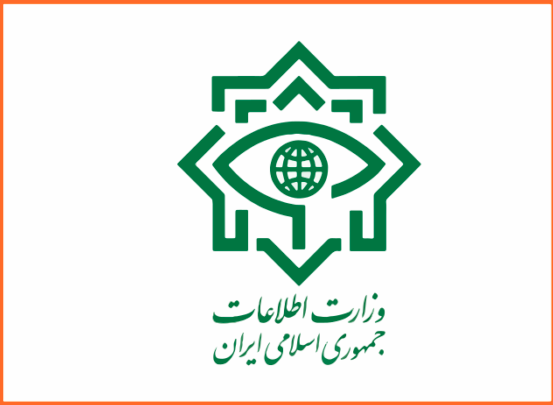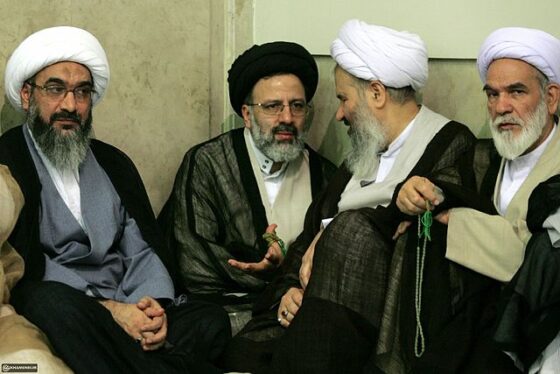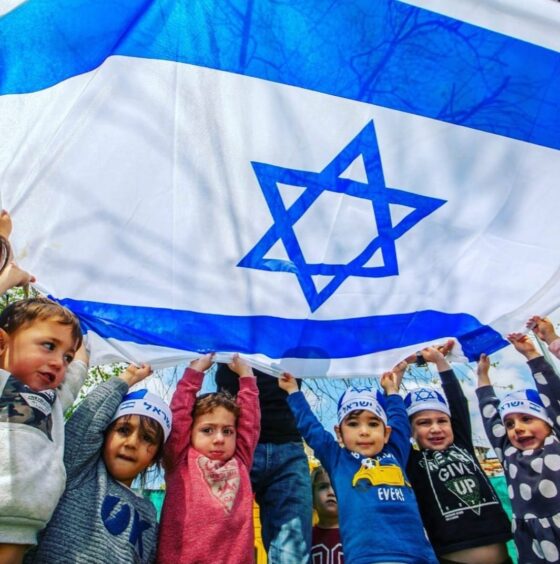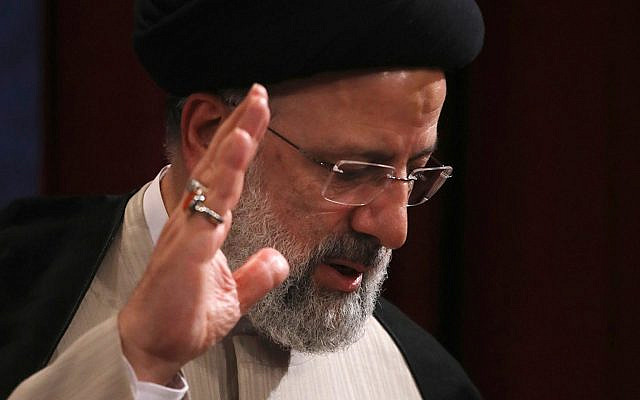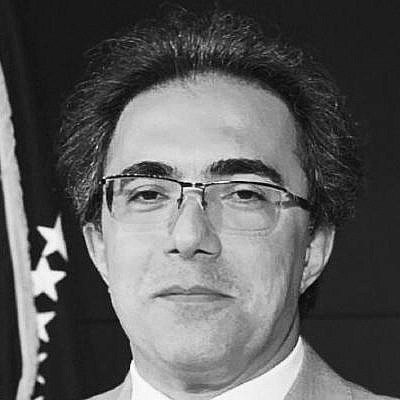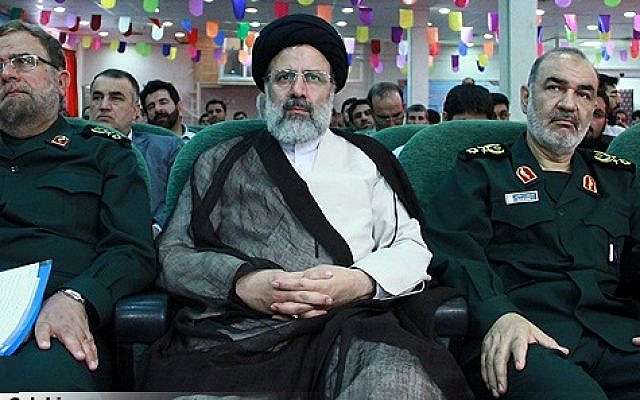Image

Trump canceled a news conference and called Trudeau ‘two-faced.’
President Trump abandoned plans on Wednesday for a news conference that was scheduled after the NATO meeting, saying that he had already spent ample time talking to the media. He left shortly after the end of his last meeting declining to take the opportunity of summarizing the day’s events, as most leaders did.
Mr. Trump made the announcement on Twitter after calling Prime Minister Justin Trudeau of Canada “two-faced” while speaking to reporters ahead of a meeting with Chancellor Angela Merkel of Germany. Earlier, a brief video had surfaced that showed a small group of NATO leaders at Buckingham Palace reception expressing dismay about Mr. Trump’s behavior.
“Honestly, with Trudeau, he’s a very nice guy,” Mr. Trump said when asked about the Canadian leader, in comments that were among the starkest to date of how the relationship between the two North American neighbors has weakened since Mr. Trump took office.
“The truth is, I called him out on the fact that he’s not paying 2 percent and he’s not very happy about it,” said Mr. Trump, who spoke to reporters at length twice on Tuesday, referring to Canada’s financial contributions to NATO. The president tried to make light of his remarks in a comment caught as reporters were being ushered from the room.
“That was funny when I said that guy was two-faced,” he said, referring to Mr. Trudeau.
The video was posted overnight, and in it Mr. Trudeau is heard commiserating with President Emmanuel Macron of France and Prime Minister Boris Johnson of Britain about Mr. Trump’s conduct on the first day of the two-day NATO gathering. Princess Anne, the daughter of Queen Elizabeth II, and Prime Minister Mark Rutte of the Netherlands are also standing with the group.
In the video, Mr. Johnson turns to the French leader with a grin and asks, “Is that why you were late?” It was unclear exactly what preceded the question.
Mr. Trudeau then says to the group, “He was late because he takes a 40-minute news conference at the top,” an apparent reference to one of Mr. Trump’s long exchanges with reporters on Tuesday.
“You just watch his team’s jaws drop to the floor,” Mr. Trudeau says at another point. Mr. Macron cannot be heard, but is seen speaking and gesturing animatedly.
The world leaders, who appear to be unaware that they are being recorded, do not mention Mr. Trump by name, potentially giving them a mote of deniability about appearing to mock a powerful but unpredictable partner.
Mr. Trudeau, speaking during a press briefing after the meeting, said the relationship between the United States and Canada remained strong. “I have a very good relationship with President Trump and his team,” he said when asked about the video.
He also attempted to explain away the “jaws drop” comment, saying it was a response to an unplanned announcement that the upcoming Group of 7 summit meeting would be held at Camp David.
Mr. Trudeau is one of a handful of leaders who have seen their initial cordial relationships with Mr. Trump grow cold, including Mr. Macron, who held an particularly tense news conference with his American counterpart on Tuesday.
Stoltenberg called for unity but made a nod to the tensions.
When Jens Stoltenberg, NATO’s secretary general, spoke before the meetings on Wednesday, he acknowledged the external and internal pressures facing the alliance but insisted that it was agile and strong enough to deal with them.
Speaking outside the Grove Hotel in Watford, England, Mr. Stoltenberg laid out an ambitious agenda for the leaders from North America and Europe: the international fight against terrorism, arms control, combating Russia, and, for the first time, the rise of China.
But NATO is not only facing emerging superpowers outside the alliance: It also has deep internal divisions and disputes that were on clear display throughout the two-day event.
Mr. Stoltenberg said that differences among the heads of the alliance’s member states were nothing new, citing disputes over the Suez crisis of 1956 and more recently the war in Iraq.
“There’s always been differences,” he said. “What we have proven and what we also show today is NATO is able to overcome these differences.”
Speaking again later in the day, Mr. Stoltenberg said the group of 29 nations had reaffirmed their commitment to collective defense and made way for “unprecedented burden sharing,” despite their differences.
“Politicians they are very often criticized for being very good on rhetoric and bad on substance. In NATO, it’s in some ways the opposite,” he said. “The rhetoric is not always excellent, but the substance is perfect.”
Despite all the squabbling and political one-upmanship, NATO leaders and their teams did manage to pull together a final declaration that does show alliance solidarity.
And it has a little something for everyone.
It restates the alliance’s commitment to collective defense — part of its founding treaty of 1949 — and more recent spending goals.
The declaration talked about new and continuing threats from Russia, China, terrorism, new technologies and nuclear weapons. And it supports a study about NATO’s future — “a forward-looking reflection process” intended “to further strengthen NATO’s political dimension including consultation.” However awkwardly phrased, that is NATO’s response to the French diagnosis of “brain death.”
A Trump-Macron exchange set a tense tone.
Widespread anxiety prevailed in the run-up to NATO’s celebration of its 70th anniversary that President Trump, whose criticism of the alliance as obsolete is well-known, would upend the meeting with a surprise demand or an insult of an ally, as he has done before.
But Mr. Trump found himself in the unusual position of defending NATO after an uproar created by President Emmanuel Macron of France, who told The Economist last month that NATO was suffering “brain death” because of what he described as an absence of American leadership under Mr. Trump.
In a meeting on Tuesday morning with NATO’s secretary general, Jens Stoltenberg, Mr. Trump called Mr. Macron’s comments “very insulting” and a “very, very nasty statement essentially to 28 countries.”
Later, in a meeting with Mr. Macron at the American ambassador’s residence in London, the French leader put Mr. Trump on the defensive not only about his vision for NATO, but also about his handling of a military conflict involving Turkey, the quandary about what to do with captured foreign Islamic State fighters in Syria and a trade dispute between France and the United States.
Mr. Macron was unapologetic. In a Twitter posting later, he acknowledged that his comments had provoked reactions, but said that “we need to be clear about the foundations of NATO. Tomorrow, I will defend the interests of France and Europe.”
As he arrived for Wednesday’s meeting, Mr. Macron was again asked about his “brain death” comment, and stood by it. “In fact it allowed us to raise some crucial debates,” he said.
“I think it was our responsibility to raise ambiguities that could be harmful, and to tackle a real strategic debate,” he added. “It has started, I am satisfied.”
Trump and Johnson met, and security was the focus.
The White House said President Trump and Prime Minister Boris Johnson discussed the “security of our telecommunication networks” and the need to “guard against untrusted providers,” on Tuesday evening, shedding a little more light on their closed-door meeting at 10 Downing Street.
The United States has put heavy pressure on Britain to block the Chinese telecommunications giant Huawei from gaining access to its 5G network because it fears that China will use such access to spy on Western countries.
Mr. Johnson postponed a decision on Huawei until after the general election, in part to avoid opening a rift with the Trump administration at a time when he hopes to begin negotiating a trade agreement with Mr. Trump if, and when, Britain leaves the European Union.
The White House said the leaders also talked about trade, though it offered no details. Mr. Johnson has urged Mr. Trump to steer clear of politically charged topics during his two-day visit, and the president has so far largely complied.
The White House readout fell back on the time-tested diplomatic formulation that the leaders “again reaffirmed the importance of the Special Relationship between the United Kingdom and the United States.”
On Wednesday, Mr. Trump took an uncharacteristically reserved approach upon his arrival for the meeting, tweeting just once before the gathering and offering friendly words for Mr. Johnson.
Mr. Johnson’s political future is on the line in a parliamentary election on Dec. 12, and in the run-up to the vote, the Conservative prime minister has sought to keep the president at arm’s length.
Prime Minister Boris Johnson was the host of the NATO summit, but he spoke like he was walking on eggshells when he faced reporters at the end of it, most conspicuously on the politically fraught topic of President Trump.
Mr. Johnson dodged repeated questions about his dealings with Mr. Trump, whom he met at 10 Downing Street on Tuesday evening, and managed to get through the entire session without uttering his name.
The prime minister claimed ignorance of a widely circulated video shot at a reception in which he, President Emmanuel Macron of France and Prime Minister Justin Trudeau of Canada were caught appearing to mock Mr. Trump for long-winded remarks to reporters during the meeting.
And he ducked a question on whether Britain planned to restrict the access of Huawei, a Chinese telecommunications giant, to its 5G network, which the White House said that Mr. Trump had pressed him to do.
Asked whether Mr. Trump was good for NATO or for Britain, Mr. Johnson answered by paying tribute to the Trump administration’s decision to expel 60 Russian diplomats in solidarity with Britain, after the Russian government poisoned two people with a nerve agent on British soil in 2018.
“This was under the current American administration,” Mr. Johnson said. “They were shoulder to shoulder with us and could not be more supportive.”
By contrast, the prime minister, who faces British voters in eight days, leapt at a chance to pivot to domestic politics. He accused his Labour Party opponents of seeking to undermine NATO, dismantle the MI5 security service, and subject Britons to a “Groundhog Day” of referendums on Brexit and Scottish independence.
Johnson has defied Trump on taxing tech companies.
President Trump, whose administration has threatened to raise tariffs on French goods in retaliation for France’s tax on tech companies like Google and Amazon, will find a similar target for his ire in Britain.
Britain is scheduled to begin imposing its own tax on the revenues of technology companies in April.
Prime Minister Boris Johnson of Britain, campaigning in Salisbury on Tuesday ahead of the country’s general election next week, said he deplored Mr. Trump’s threats over trade and maintained that he would push for freer markets. He also appeared to want to push on with Britain’s plans.
“I do think we need to look at the operations of the big digital companies and the huge revenues they make in the U.K. and the amount of tax they pay,” Mr. Johnson said, according to local media reports. “We need to sort that out. They need to make a fairer contribution.”
Companies that run social media platforms, internet marketplaces and search engines will face a 2 percent tax rate on sales made in Britain. Currently they pay tax only on the profits they record in the country.
When the new tax was announced in October 2018, the British government estimated that it would raise 1.5 billion pounds, or more than $1.9 billion, over four years.
The tax was aimed squarely at global technology companies, said Philip Hammond, the chancellor of the Exchequer at the time. “It is only right that these global giants with profitable businesses in the U.K. pay their fair share towards supporting our public services,” he said.
The Organization for Economic Cooperation and Development, which includes Britain, France and the United States, has been working to reach a common position on taxing technology companies and other multinational businesses.
Reporting was contributed by Katie Rogers, Lara Jakes, Annie Karni, Megan Specia, Amie Tsang, Iliana Magra, Mark Landler and Steven Erlanger.
